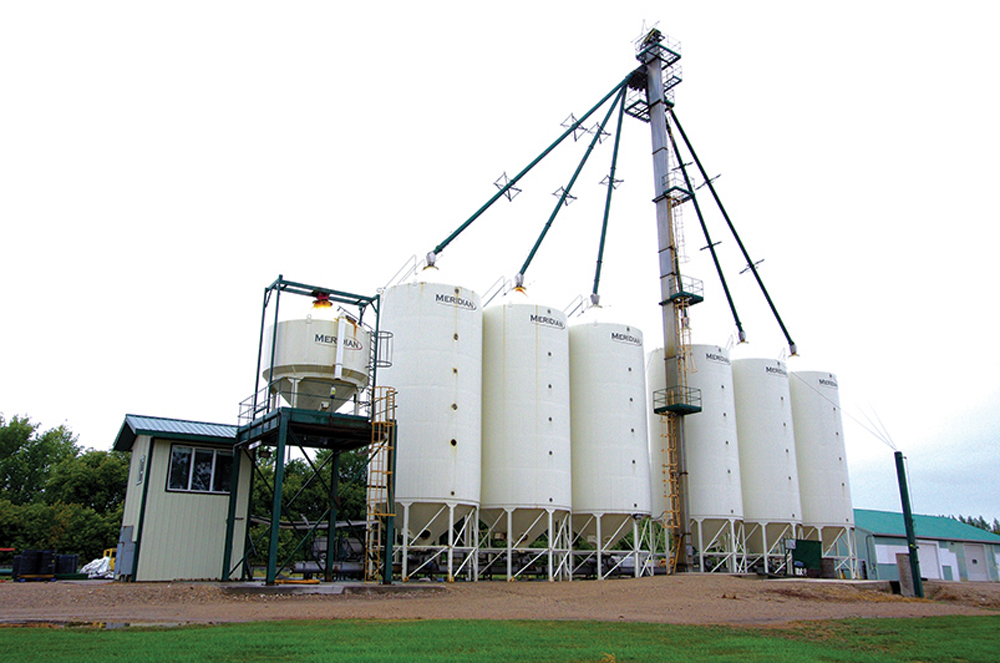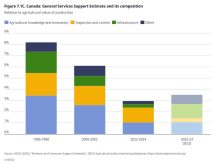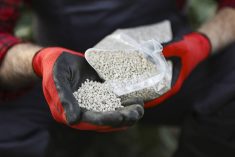Manitoba agri-retailer Shur-gro Farm Services says it expects minimal product loss after a fertilizer explosion at its MacGregor location.
General manager Dale McKay said Aug. 9 that damage assessment is ongoing after the Aug. 8 incident.
Why it matters: Local first responders were called to a fire following an explosion at a fertilizer facility in the second week of August.
Read Also

Manitoba cattle prices, March 4
Chart of weekly Manitoba cattle prices.
Several homes near the business were evacuated as a precaution in the afternoon of Aug. 8. There were no injuries from the explosion or resulting fire.
“The fire department turned the site back over to us yesterday afternoon,” McKay said the day after the explosion.
The accident occurred during a transfer of granular sulphur fertilizer.
“We were just doing a routine inventory count,” McKay said. He suggested the detonation was likely a dust explosion triggered by a point of heat during the transfer, although official assessments have yet to be done.
“We’re trying to figure that out,” he said. “[The fertilizer] has a low flashpoint. Product loss is pretty minor as far as we know at this point.”
Contractors were on site the day after the explosion to evaluate damage and start any needed demolition. McKay said the intention is to “rebuild as quickly as we can.”
He does not expect the incident to seriously affect available services to farmers. At worst, he noted, Shur-gro has a number of other locations where farmers can get product.
The Macgregor site is about a half hour’s drive from Shur-gro locations in Portage la Prairie and Westbourne.
Rare event
In terms of similar incidents on farms, Morag Marjerison, farm safety consultant with Keystone Agricultural Producers said they are rare.
“I’m not going to say it definitively never happens, but I haven’t personally heard of any issues here,” she said when asked about farm fertilizer storage issues.
Likewise, she said she’s never flagged a farm’s fertilizer storage as a safety risk, although she has recommended additional safety signage and stressed the importance of safely working with anhydrous ammonia.
Marjerison said she typically refers farmers to Fertilizer Canada on the subject.
In 2021, the industry group published a resource document on its website entitled “Safety 101”
that gave an overview of safety programs championed by Fertilizer Canada, including anhydrous training for first responders and the Fertilize S.A.F.E. program.
That audited program required that “members comply with all provincial and federal regulations and go above and beyond by incorporating industry best practices,” the 2021 document states.
Courses in the safe handling and storage of fertilizer products were highlighted in the overview. The programs listed cover ammonium nitrate-based fertilizer handling and how to “spot people buying fertilizer for nefarious purposes.”
Fertilizer Canada also disseminates codes of practice and updates to safety regulations.
– With files from Geralyn Wichers
















